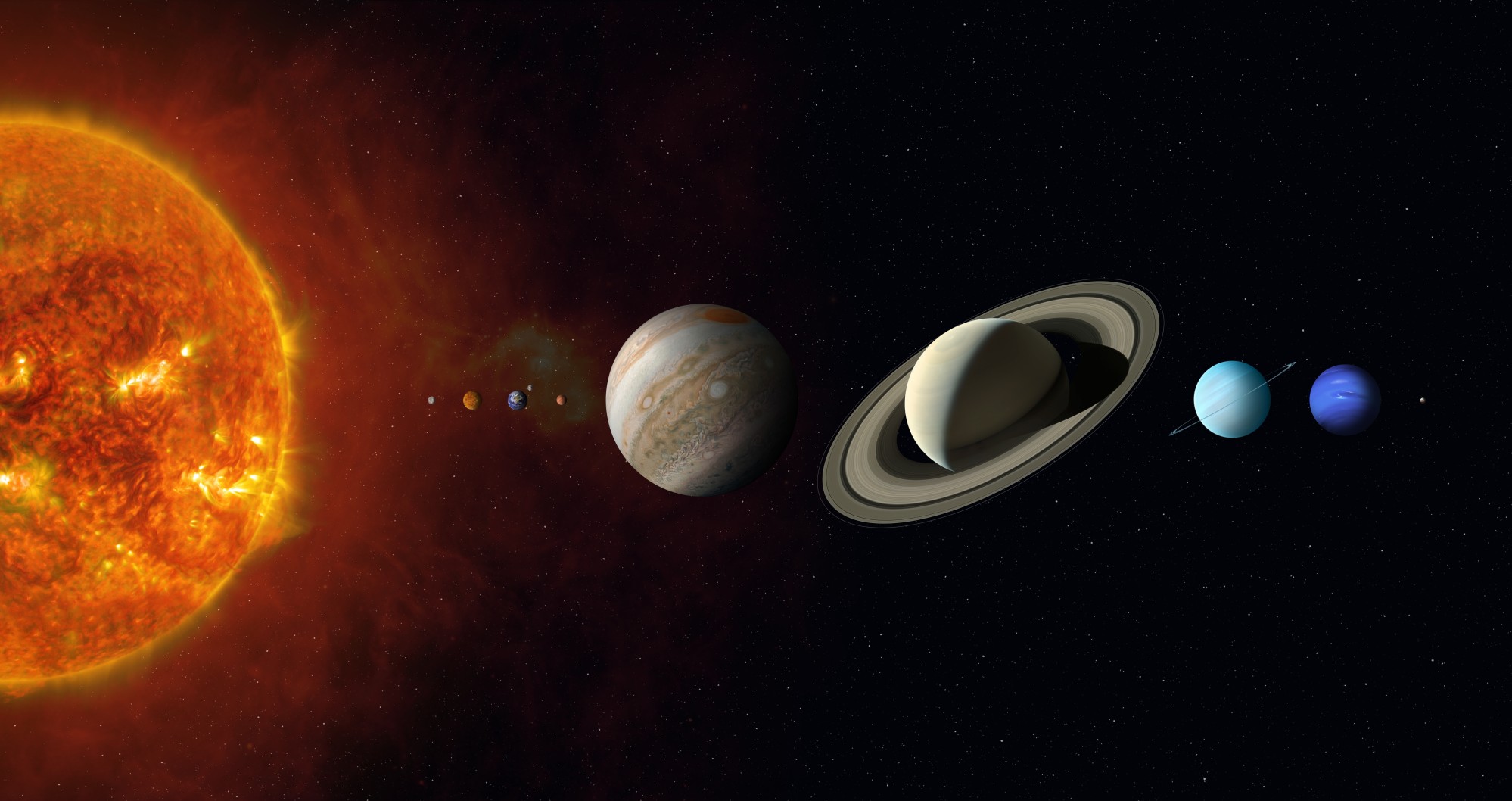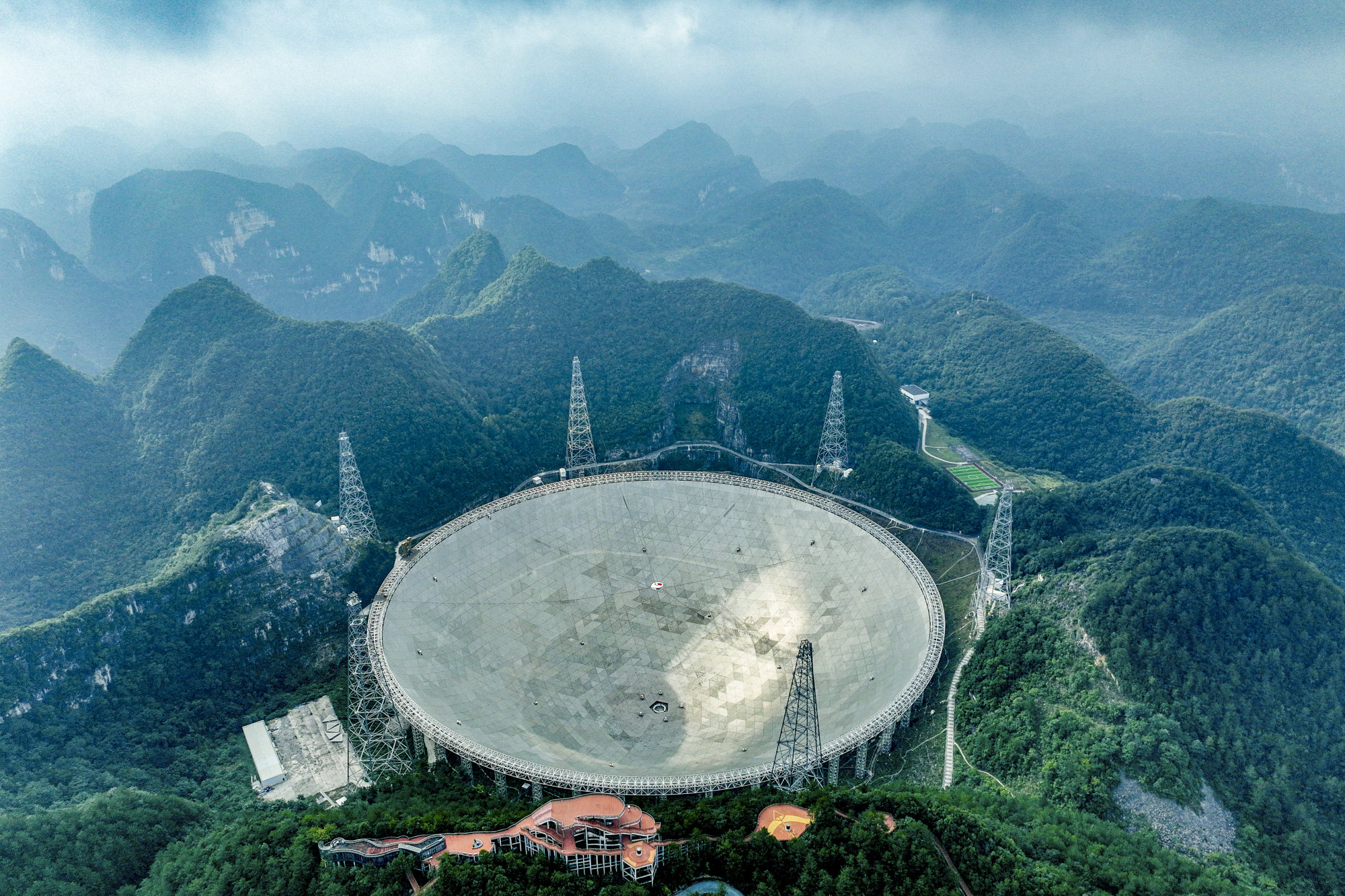Difficulty: Summiteer (Level 3)
Have you ever wondered about life outside our planet Earth? What would you say to an alien if you ever met one – would you be scared?
Researchers in 2020 estimated the Milky Way galaxy could have 300 million planets where life might exist. And that is just one galaxy: in the observable universe, scientists think there may be up to 2 trillion galaxies, each with the potential for planets with life.
A planet is habitable if it is near a star, which keeps it from being too cold, but it cannot be so close that it becomes too hot. Earth, for example, is at the perfect distance from the sun, which is our solar system’s star.

Is there proof of alien life?
Different space agencies have sent out robots and machines to search for other habitable planets. They have found some water on Mars but are not sure if life exists there.
China has built the world’s largest single-dish radio telescope in the world called FAST, and one of its jobs is to look for strange signals.
Oftentimes, scientists think their telescopes are receiving signals from aliens but discover later they were from sources on Earth, such as microwave ovens or satellites.
Some people point to strange sightings of unidentified flying objects in the sky as proof of alien technology. Chinese military researchers use artificial intelligence to track these objects and decide if they were created by humans, nature or something else. The US military also has an office to look into these sightings.

Should we protect ourselves?
We have no idea if there really are aliens, and they might not look like the green creatures we see in films.
But there are other things scientists focus on protecting us from. For example, they must make sure our space missions don’t bring anything dangerous back to Earth. Life can exist in many forms. Even tiny bacteria from another planet or moon could be harmful to us.
The UN Outer Space Treaty has set policies to make sure our planet is protected from contamination.
Space agencies have limits on where human astronauts can explore. This is because robotic missions can be sterilised very thoroughly, but humans cannot. Scientists must also be careful not to contaminate other planets and moons with any life from Earth.
Find the words in the puzzle below to test your understanding of the vocabulary in this story.
Suggested answers
-
Before you read: Humans should spend time searching for aliens because we can learn a lot about space and our own planet from them. (accept other reasonable answers)
-
Answer this: No, oftentimes, these “alien signals” turn out to be from sources on Earth, such as microwave ovens or satellites.
-
Quick question: Robotic missions can be cleaned from contamination, but it’s harder to do that for humans, and they must be careful not to bring back anything harmful.

